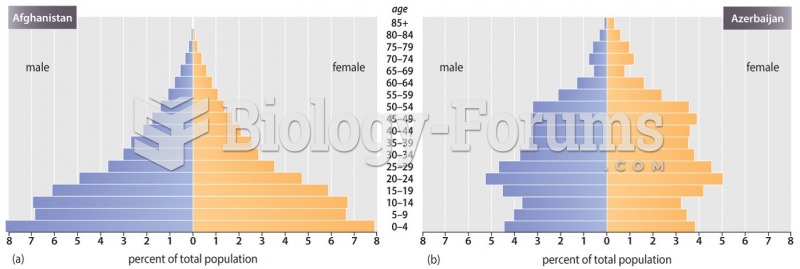Answer to Question 1
Answer: 1, 2, 3, 5
Explanation: 1. Principles of learning have been identified that apply to health education. The first general principle is that effective teaching and learning is based on a need to know and should be preceded by an assessment of learning needs. The learning assessment should also include an evaluation of readiness to learn. Learning should occur in a safe environment in which the learner is free to make mistakes and to learn from them. Learners need to be actively engaged in the learning process, as learning depends on some form of neural activity: seeing, hearing, smelling, feeling, thinking, and physical or motor activity, or some other kind of activity. An overarching principle of learning is one of accountability in which both teachers and learners are accountable for achievement of the desired learning outcomes. Cost is not a principle of learning.
2. Principles of learning have been identified that apply to health education. The first general principle is that effective teaching and learning is based on a need to know and should be preceded by an assessment of learning needs. The learning assessment should also include an evaluation of readiness to learn. Learning should occur in a safe environment in which the learner is free to make mistakes and to learn from them. Learners need to be actively engaged in the learning process, as learning depends on some form of neural activity: seeing, hearing, smelling, feeling, thinking, and physical or motor activity, or some other kind of activity. An overarching principle of learning is one of accountability in which both teachers and learners are accountable for achievement of the desired learning outcomes. Cost is not a principle of learning.
3. Principles of learning have been identified that apply to health education. The first general principle is that effective teaching and learning is based on a need to know and should be preceded by an assessment of learning needs. The learning assessment should also include an evaluation of readiness to learn. Learning should occur in a safe environment in which the learner is free to make mistakes and to learn from them. Learners need to be actively engaged in the learning process, as learning depends on some form of neural activity: seeing, hearing, smelling, feeling, thinking, and physical or motor activity, or some other kind of activity. An overarching principle of learning is one of accountability in which both teachers and learners are accountable for achievement of the desired learning outcomes. Cost is not a principle of learning.
5. Principles of learning have been identified that apply to health education. The first general principle is that effective teaching and learning is based on a need to know and should be preceded by an assessment of learning needs. The learning assessment should also include an evaluation of readiness to learn. Learning should occur in a safe environment in which the learner is free to make mistakes and to learn from them. Learners need to be actively engaged in the learning process, as learning depends on some form of neural activity: seeing, hearing, smelling, feeling, thinking, and physical or motor activity, or some other kind of activity. An overarching principle of learning is one of accountability in which both teachers and learners are accountable for achievement of the desired learning outcomes. Cost is not a principle of learning.
Answer to Question 2
Answer: 1
Explanation: 1. The nurse who teaches a class about exercise, and shares his or her own personal experience, is creating a climate in which the clients do not feel threatened and in which the nurse educator is seen as a source of support rather than a threat. The other choices do not achieve this same result.







